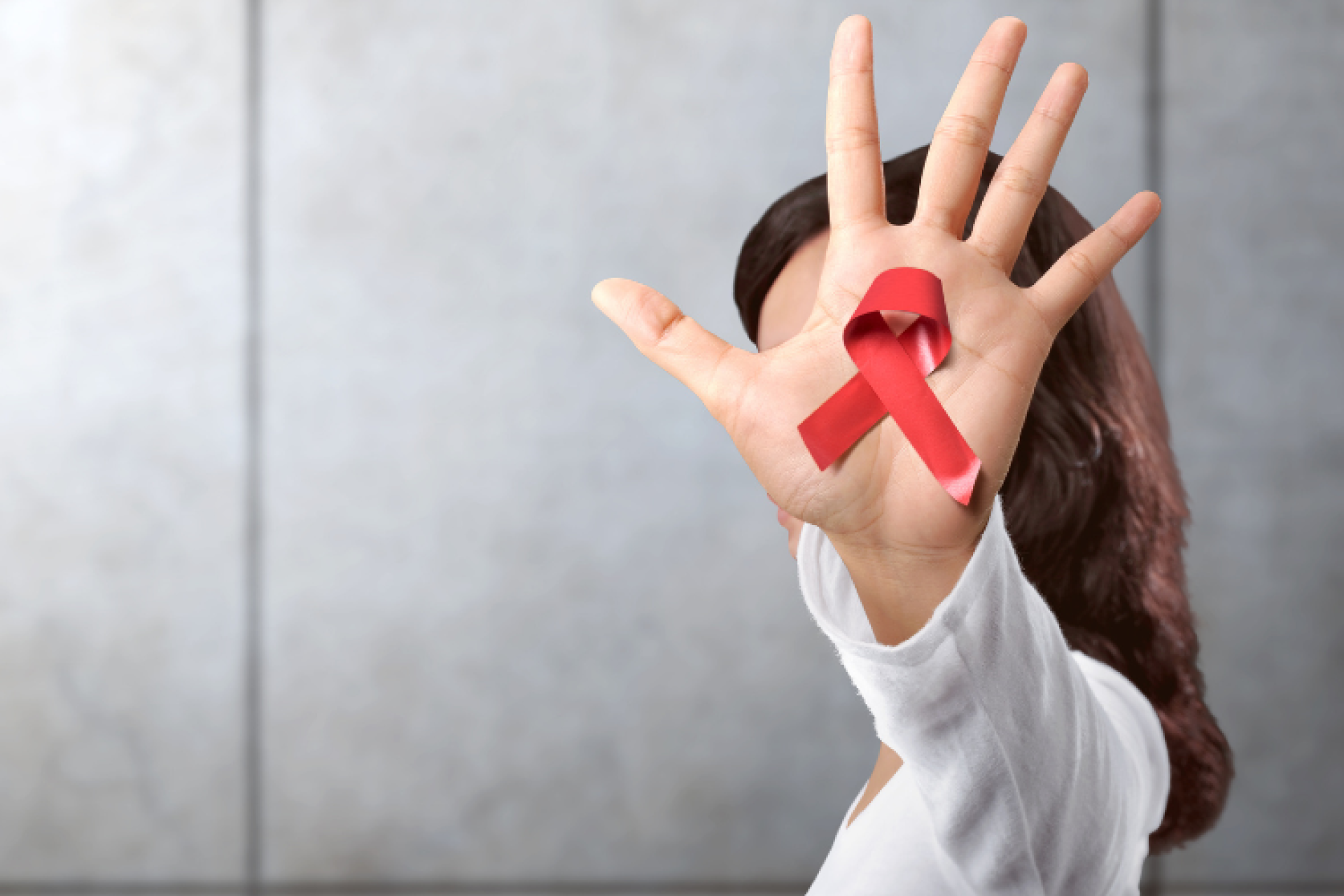世界基督教协进会在纽约市开展艾滋病毒/艾滋病教育工作的案例研究
背景介绍
纽约妇女创造变革组织(WCC)是一个非营利、无党派、多议题的活动组织,致力于提高所有纽约人的生活质量。WCC 致力于制定公共政策,通过教育、问题分析、宣传和公民参与,促进政府顺应民意。如今,世界基督教协进会的服务已进入第二个世纪,其工作重点是增强妇女的能力,使她们能够更多地参与公民事务。
20 世纪 80 年代,全球艾滋病毒/艾滋病病例激增,纽约市和纽约州开始关注艾滋病教育问题。1987 年,纽约州执政官要求向所有学校的所有学生提供艾滋病毒/艾滋病教育。第二年,纽约市学校校长理查德-R-格林(Richard R. Green)进一步要求所有公立高中每个年级提供六节艾滋病教育课。纽约市教育委员会随后于 1988 年开发了一套建议课程,名为 "包括性教育在内的家庭生活--艾滋病补充"。
尽管有这些规定,世界基督教协进会还是开始关注受艾滋病影响的儿童和家庭的困境,并注意到很少有人关注这些群体,因此,他们很少有倡导者,也很少有支持服务来满足他们的需求。世界基督教协进会成员担心纽约市学校的学生没有接受适当的艾滋病毒/艾滋病教育,民选和任命的官员需要改善服务的提供,并确保学校有适当的装备来应对这一迅速蔓延的医疗保健流行病。
据预测,到 1991 年,纽约市将有 43 000 多人感染艾滋病,32 000 人死亡。世界基督教协进会在一份报告中指出,病毒将在静脉注射毒品使用者中肆意传播,在随后的五至十年中,受艾滋病影响最严重的家庭将得到最少的社会支助。
鉴于该组织的担忧,世界基督教协进会于 1990 年成立了一个由经验丰富的教育工作者和其他专业人士组成的特别工作组,对 60 所公立、宗教和独立高中的艾滋病教育进行了为期 17 个月的研究。
行动
世界基督教协进会通过成立特别工作组、发布报告、举办研讨会和制作视频分发给纽约市所有公立高中,在突出这一问题方面发挥了重要作用。
专责小组/研究
世界基督教协进会特别工作组成立于 1990 年,由医疗保健顾问罗斯玛丽-克莱门斯博士领导。工作组成员包括Beatrice Brennan、Nancy Carr、Joan Dumont、Mary Ellis、Ellie Fralick、Karolyn Gould、Judith Keller、Laura Ludwig、Sr. Elizabeth Mullany、Ethel Paley、Augusta Schenker、Francis Thorpe、Nina Untermyer、Emily Whalen 和 Alliance Yohalem。埃莱娜-F.Deutsch 是该项目的协调员。
工作组制定了一份深入的调查问卷,在六个月的时间里,工作组成员与高中教师和管理人员进行了一对一的访谈,然后又在选定的独立学校和宗教学校进行了额外的访谈。此外,还与八个提供艾滋病服务的社区组织、市卫生局和教师联合会讨论了相关问题。这项研究由罗伯特-伍德-约翰逊基金会资助,并提交给了纽约市教育委员会。
尽管 1988 年市政府规定 9 至 12 年级学生每年必须接受六次艾滋病教育,但报告发现,在所访问的 25 所综合专科学校和职业学校中,只有两所学校全面实施了这一规定;此外,在所访问的七所替代学校中,只有四所学校达到了这一要求。
该报告包括 15 项建议,涉及三个方面:(1)学校必须采取哪些措施来全面落实市和州的建议;(2)必须让学生、家长、社区组织参与到计划中来,以帮助制定政策和有效实施;以及(3)如何优化使用医疗保健专业人员,包括纽约市卫生局和社区组织,以加强教育产品和服务;
报告指出了在提供与艾滋病毒/艾滋病有关的教育方面存在的一些不足之处,并指出,接受访谈的教职员工知道,对于认为自己感染了艾滋病毒/艾滋病或寻求更多服务信息的学生,没有关于转介保密的正式政策;当地学校行政人员对艾滋病毒/艾滋病的了解有限;学校教师缺乏对艾滋病毒/艾滋病课程的积极性;除科学课程外,与艾滋病毒/艾 滋病课程的整合还很不完善;没有家长参与艾滋病课程的开发或评估;学校对相关社 区组织的了解和利用有限,无法加强艾滋病毒/艾滋病课程。
会议
1988 年,世界基督教协进会主办了题为 "艾滋病:其对儿童及其家庭的影响 "的研讨会,汇集了社区代表和城市政策官员,就受艾滋病影响的儿童及其家庭的困境进行了有意义的对话。
会议的一份书面报告指出,到 1991 年,仅在纽约市,就将有大约 1000 到 1500 名儿童被诊断出患有艾滋病,每报告一名儿童患有艾滋病,估计就有三名儿童患有与艾滋病毒有关的疾病。报告指出,"目前似乎没有综合的系统办法来处理这种可能具有爆炸性的情况"。
研讨会探讨了需求的各个方面,包括教育、住房和社会服务的提供,以及本市的应对措施。会上,一个小组讨论了为解决这一问题正在采取哪些措施,包括在社会服务和教育方面;当地社区的哪些计划受到了影响;以及可以采取哪些措施,使决策者和护理人员能够控制这一 "新出现的危机"。
项目参与者包括主持人、美国艾滋病研究基金会创始主席玛蒂尔德-卡里姆(Mathilde Karim)博士,小组成员包括美国艾滋病研究基金会专员、医学博士斯蒂芬-约瑟夫(Stephen C. Joseph)。Joseph, M.D., Commissioner and Polly Thomas, M.D., NYC Department of Health; Dolores M. Fernandez, Ph.D., Deputy Chancellor for Instruction and Development, NYC Board of Education; Carol Rafael, Executive Deputy Commissioner, Income and Medical Assistance Administration, HRA; Karolyn R. Gould, Exec.布朗克斯艾滋病社区服务项目主任;纽约州立大学婴幼儿学习中心主任 Joan H. Hit Gelman 博士;以及西班牙裔艾滋病人论坛执行主任 Ruth Rodriguez。西班牙裔艾滋病论坛主任
报告
1992 年 2 月,世界基督教协进会就此问题发表了一份题为 "应吸取的教训 "的文 件:纽约市高中和社区组织的艾滋病教育:1989-91."
在该报告中,世界基督教协进会在纽约州摄政委员会强制要求所有高中实施艾滋病教育计划两年后进行了这项研究,纽约市教育委员会也在一年后效仿了这一做法。该报告基于对纽约市 59 所高中(包括 29 所公立学校和 30 所非公立学校)的教职员工以及 8 个社区受询组织的访谈,旨在评估这些政策在该市高中的执行情况,并就改进执行情况的方法提出建议。
在这项研究的公立学校部分基本完成之后,1991 年初,教育委员会和新任学校校长将艾滋病毒/艾滋病教育确定为重中之重,并通过了新的扩大的艾滋病毒/艾滋病教育课程,其中包括提供避孕套。
随后的报告指出,教育委员会没有实施全面的艾滋病毒/艾滋病教育政策或计划;实施工作有限;财政资源匮乏,限制了实施工作。报告还指出,与保健专业人员和社区资源之间的密切联系很少,而这种联系本可以丰富艾滋病毒/艾滋病教育计划。
世界基督教协进会建议,教育委员会必须在实施艾滋病毒/艾滋病教育计划方面表现出决心和领导能力,具体做法是:随时向学校通报情况;提供培训和材料;鼓励推广成功的计划;提供监督、执行和评估机制。此外,学校应扩大其卫生服务,并利用外部资源,包括卫生专业人员、卫生部和社区组织,以加强其计划并提供转介服务。
最后,世界基督教协进会建议,应将健康教育要求增加到两个学期,扩大的艾滋病毒/艾滋病课程应与其他科目相结合,以便在各种情况下强化这一信息。
不过,在提到教育委员会的新努力时,报告指出:"尽管如此,正确的方向已经确定;现在要由校长来确保达到新的要求,并在持续评估的基础上不断改进该计划"。
成立的特别工作组还包括纽约市艾滋病联盟、哥伦比亚长老会医疗中心的艾滋病毒/艾滋病项目,以及布鲁克林、曼哈顿和布朗克斯的当地服务提供者。
视频
1995 年,世界基督教协进会艾滋病小组委员会制作了 "迎接挑战:提高年轻人和青少年对艾滋病毒/艾滋病的认识",这是一部 28 分钟的录像片,由教育委员会使用。该影片由一个 2 小时的节目剪辑而成,由公共卫生专家和 Star Theater(西奈山青少年健康中心)的年轻演员出演,并在纽约市的高中广泛传播。
影响
世界基督教协进会发挥了重要作用,突出了纽约市受艾滋病毒/艾滋病影响的青少年人数不断增加的情况,并促进了关于需要改善学校服务和加强与社区组织的联系以帮助青少年及其家庭的公众对话。

